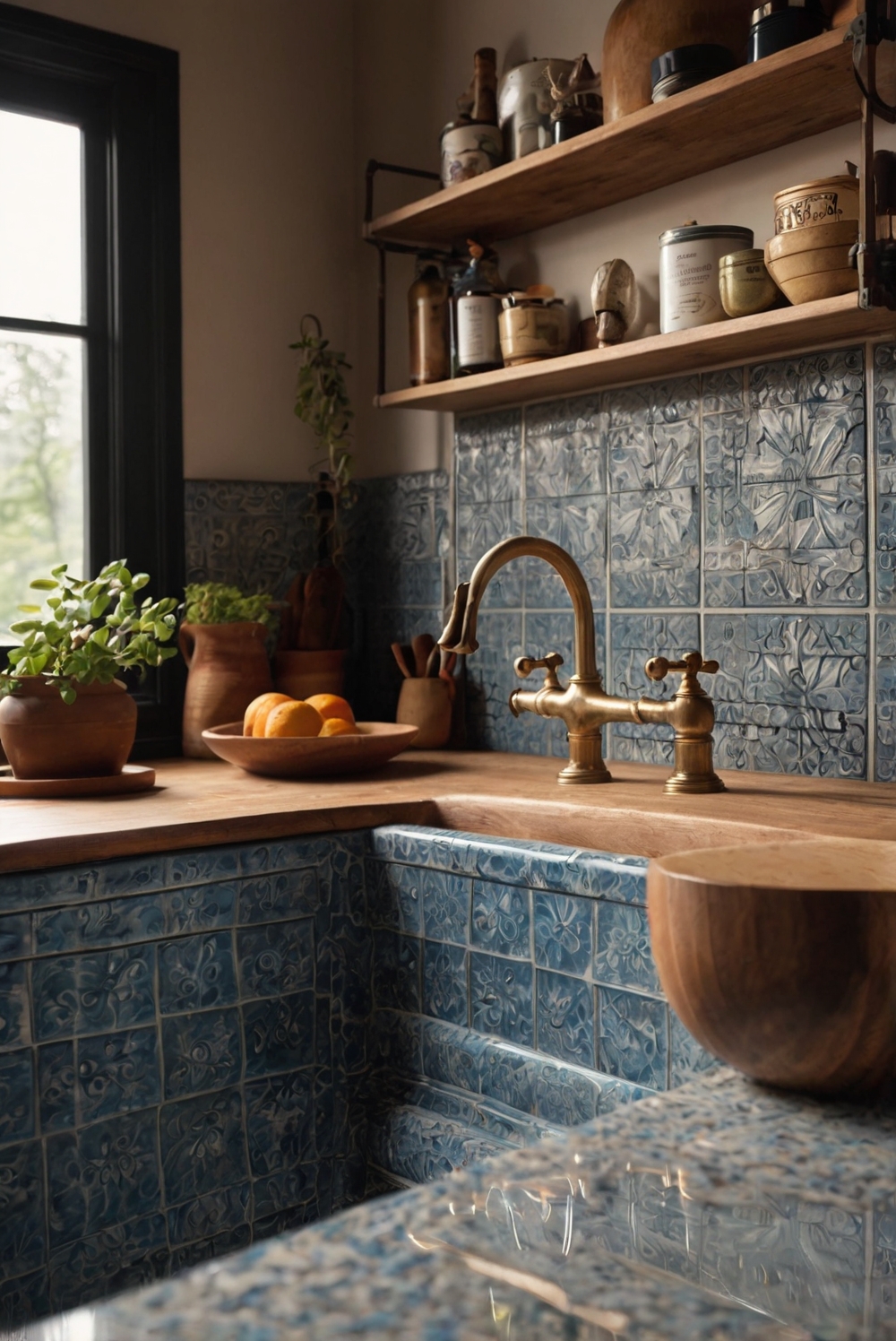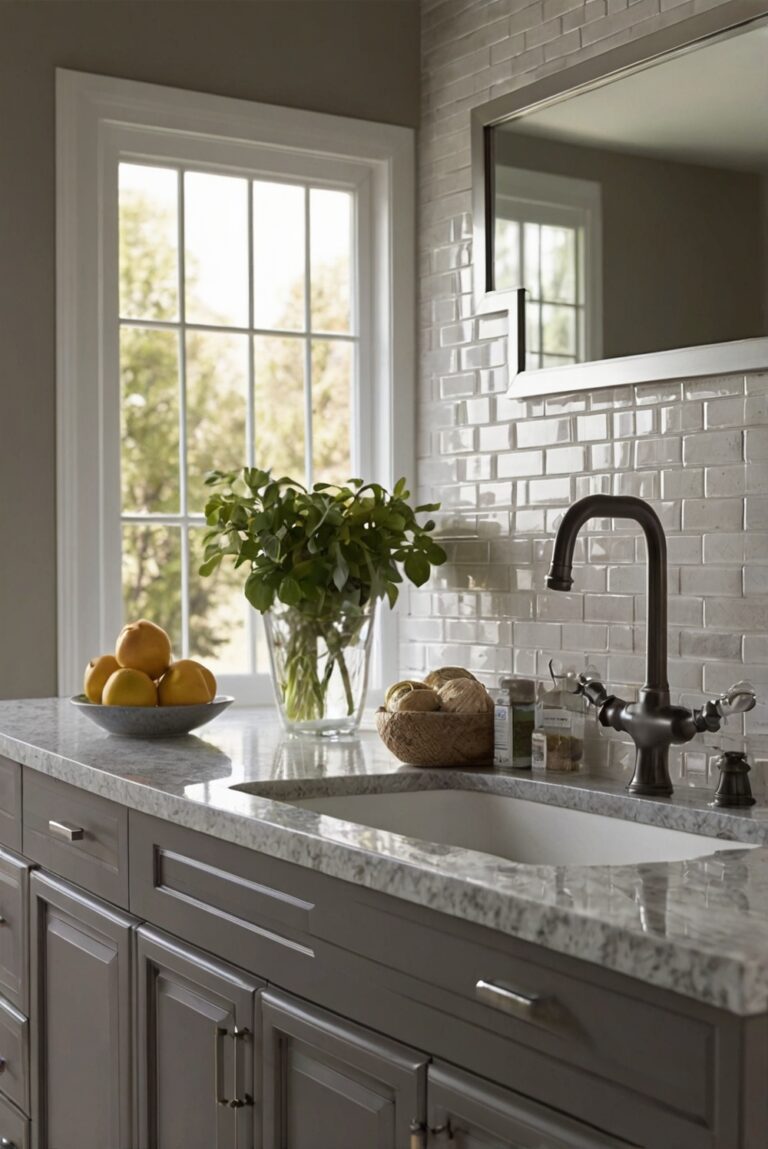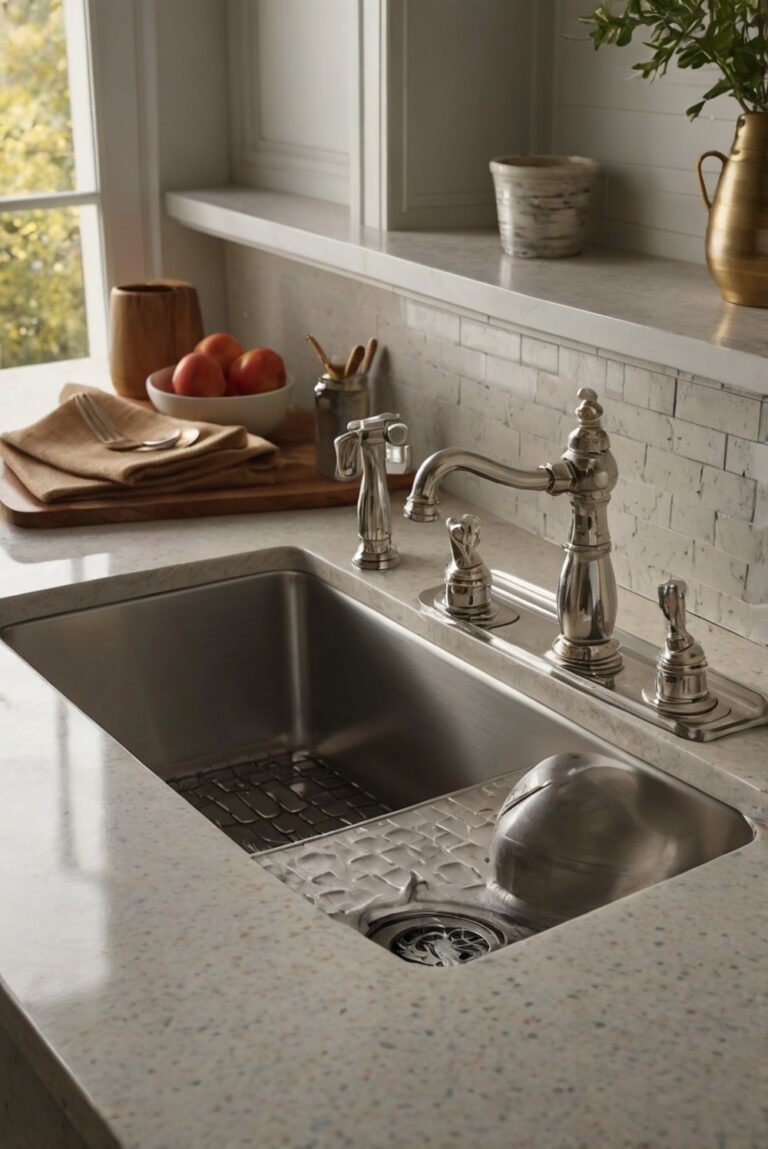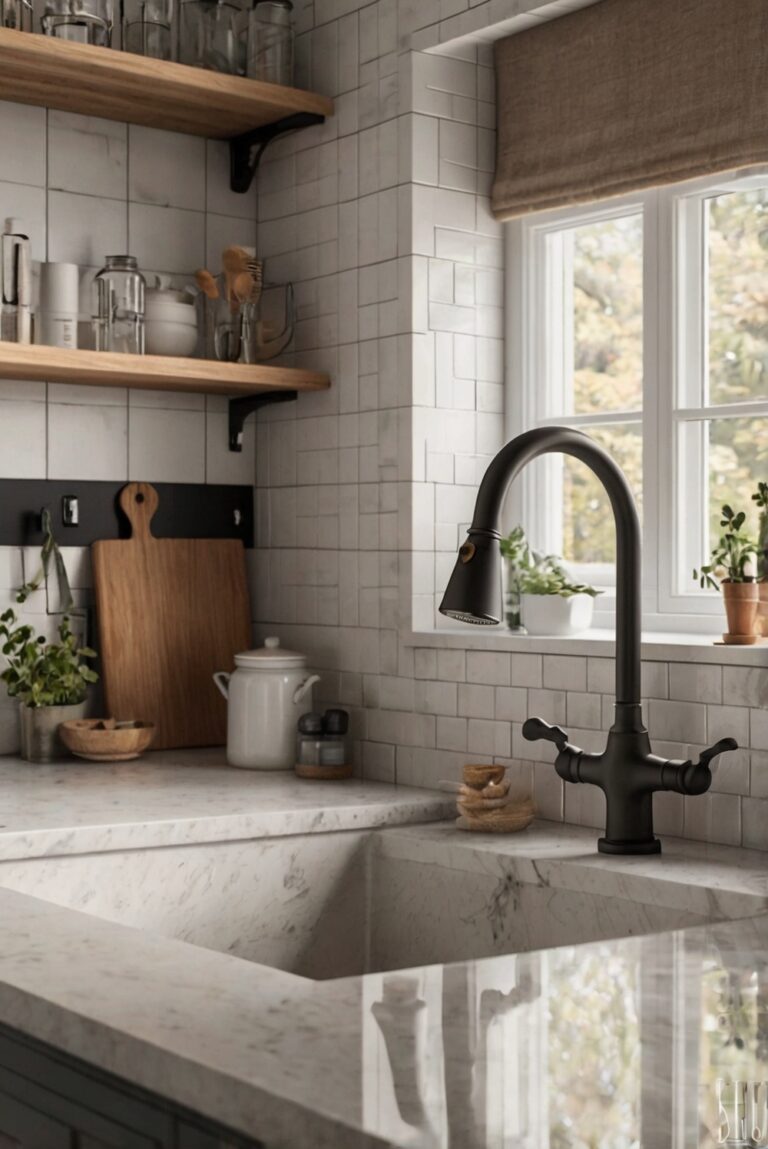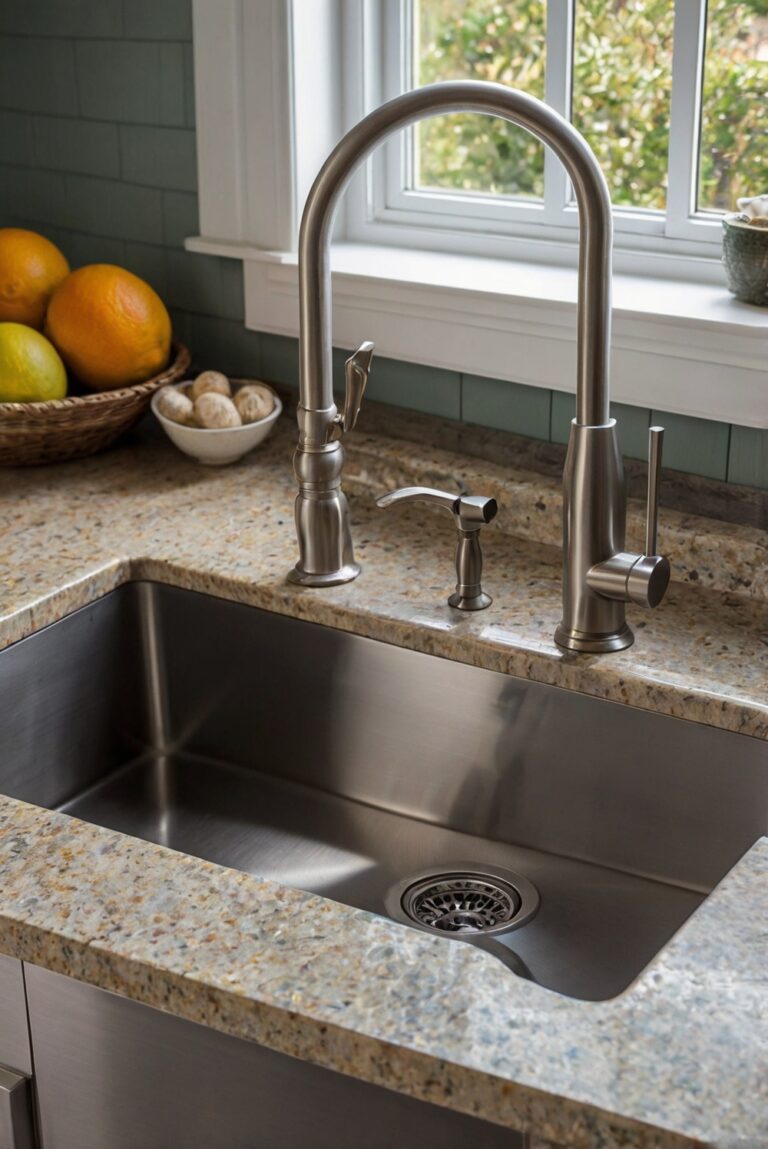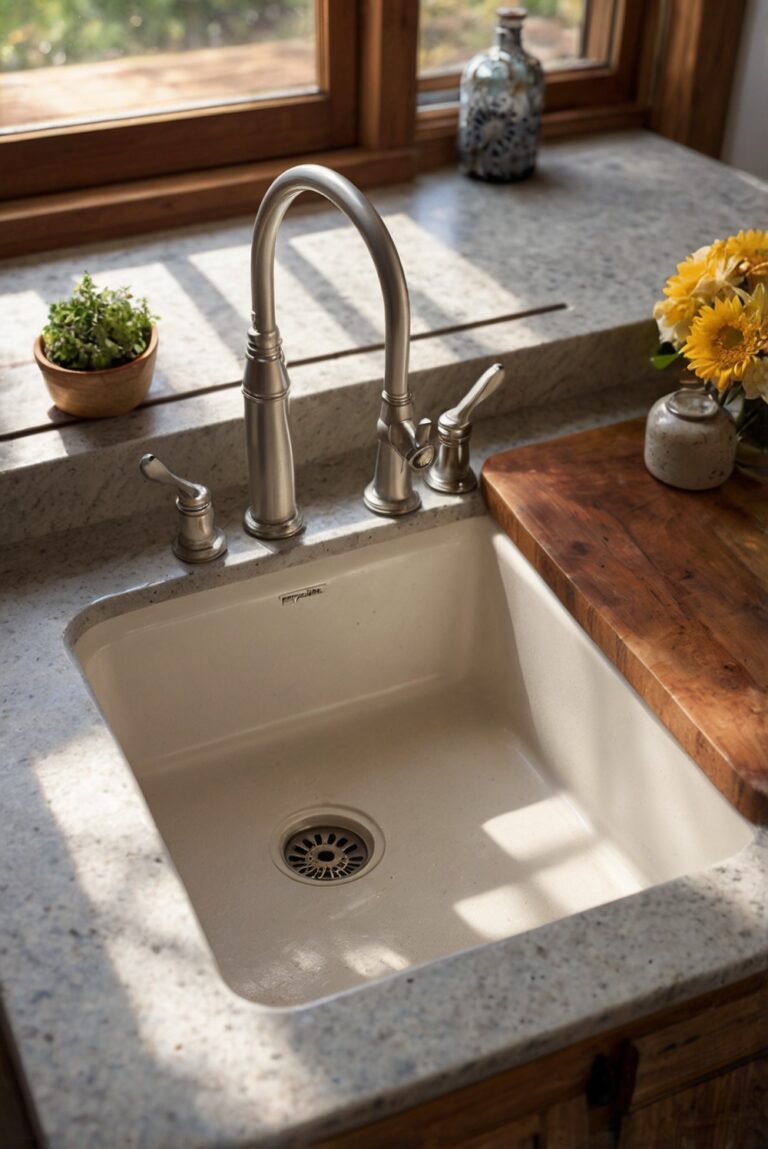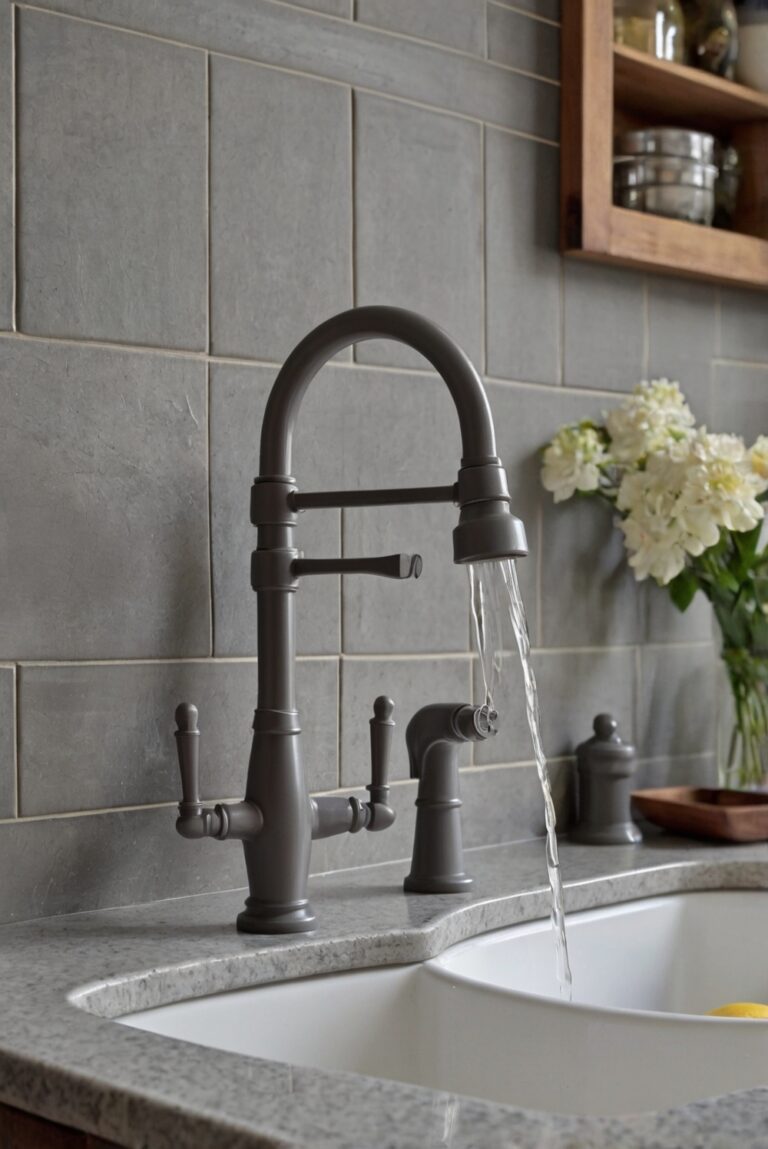What Are the best sink materials for hygiene? Discover the top choices for clean and stylish sinks in this daily routine for interior designers.
In terms of hygiene, the best sink materials for your home decor needs would be stainless steel and porcelain. Stainless steel is durable, resistant to stains and bacteria, and easy to clean, making it a popular choice for kitchens. Porcelain sinks are also a good option due to their non-porous surface that resists germs and bacteria, making them perfect for bathrooms. To maintain hygiene, regularly clean your sink with mild detergent and water, and avoid letting food residue sit for too long. Incorporating these materials into your home interior design will enhance both the aesthetic appeal and cleanliness of your living spaces.
What Are the Best Sink Materials for Hygiene?
Stainless Steel:
Stainless steel sinks are a popular choice for kitchens and bathrooms due to their durability and resistance to stains, corrosion, and rust. They are easy to clean and maintain, making them a hygienic option for any space.
Porcelain:
Porcelain sinks are known for their classic look and smooth surface, which makes them easy to clean and maintain. They are also resistant to stains and odors, making them a hygienic choice for both kitchens and bathrooms.
Quartz Composite:
Quartz composite sinks are a blend of quartz and resin, making them extremely durable and resistant to scratches, stains, and heat. They are also non-porous, which means they are hygienic and easy to clean.
Granite:
Granite sinks are made from a blend of granite stone and resin, making them durable and resistant to scratches, stains, and heat. They are also non-porous, which makes them a hygienic option for kitchens and bathrooms.
Copper:
Copper sinks have natural antimicrobial properties that help kill bacteria, making them a hygienic option for kitchens and bathrooms. They also develop a unique patina over time, adding character to any space.
When it comes to choosing the best sink material for hygiene, consider factors such as durability, resistance to stains and odors, ease of cleaning, and antimicrobial properties. Each material has its unique advantages, so choose one that fits your style and maintenance preferences.
1. What are the best sink materials for hygiene?
Stainless steel and porcelain are considered the best sink materials for hygiene due to their non-porous nature, making them resistant to bacteria and easy to clean. Stainless steel sinks are durable, corrosion-resistant, and can withstand high temperatures, making them ideal for kitchens. Porcelain sinks, on the other hand, are elegant, stain-resistant, and easy to maintain. Additionally, copper sinks have antimicrobial properties, inhibiting the growth of bacteria. Quartz composite sinks are also a popular choice as they are highly resistant to scratches, stains, and heat, making them hygienic and easy to clean.
2. How does the material of a sink affect hygiene?
The material of a sink plays a crucial role in maintaining hygiene. Non-porous materials like stainless steel, porcelain, and quartz composite are less likely to harbor bacteria, viruses, and other pathogens compared to porous materials. Non-porous sinks are easier to clean, as they do not absorb liquids or stains, reducing the risk of bacterial growth. Additionally, some sink materials, such as copper, have natural antimicrobial properties that can help prevent the spread of harmful germs. Choosing the right sink material can significantly impact the overall hygiene of your kitchen or bathroom.
3. Are there any studies supporting the hygienic properties of specific sink materials?
Several studies have been conducted to evaluate the hygienic properties of different sink materials. A study published in the Journal of Food Protection found that stainless steel sinks were more effective at reducing bacterial contamination compared to other materials like plastic. Another study in the International Journal of Environmental Research and Public Health highlighted the antimicrobial properties of copper sinks, which can help prevent the spread of infections. These studies suggest that certain sink materials, such as stainless steel and copper, are more hygienic and easier to clean than others.
4. What are some strategies to maintain hygiene in sinks?
To maintain hygiene in sinks, regular cleaning and disinfection are essential. Use a mild detergent and warm water to clean the sink daily, focusing on removing any food particles, soap scum, or mineral deposits. Avoid using harsh chemicals that can damage the sink material and opt for natural cleaners like vinegar or baking soda. Consider using a sink strainer to prevent food debris from clogging the drain and breeding bacteria. Additionally, disinfect the sink regularly with a solution of bleach or hydrogen peroxide to kill any remaining germs and ensure a clean and hygienic environment.
5. Can you provide a list of steps to keep sinks hygienic?
– Clean the sink daily with a mild detergent and warm water.
– Use a scrub brush or sponge to remove food particles and soap scum.
– Disinfect the sink regularly with a solution of bleach or hydrogen peroxide.
– Use natural cleaners like vinegar or baking soda to remove stains and odors.
– Install a sink strainer to prevent clogs and bacterial growth.
– Avoid using abrasive cleaners or harsh chemicals that can damage the sink material.
– Dry the sink after each use to prevent water spots and mineral deposits.
– Replace any damaged or worn-out sink components to maintain hygiene standards.
– Consider professional cleaning services for deep cleaning and maintenance of sink hygiene.

